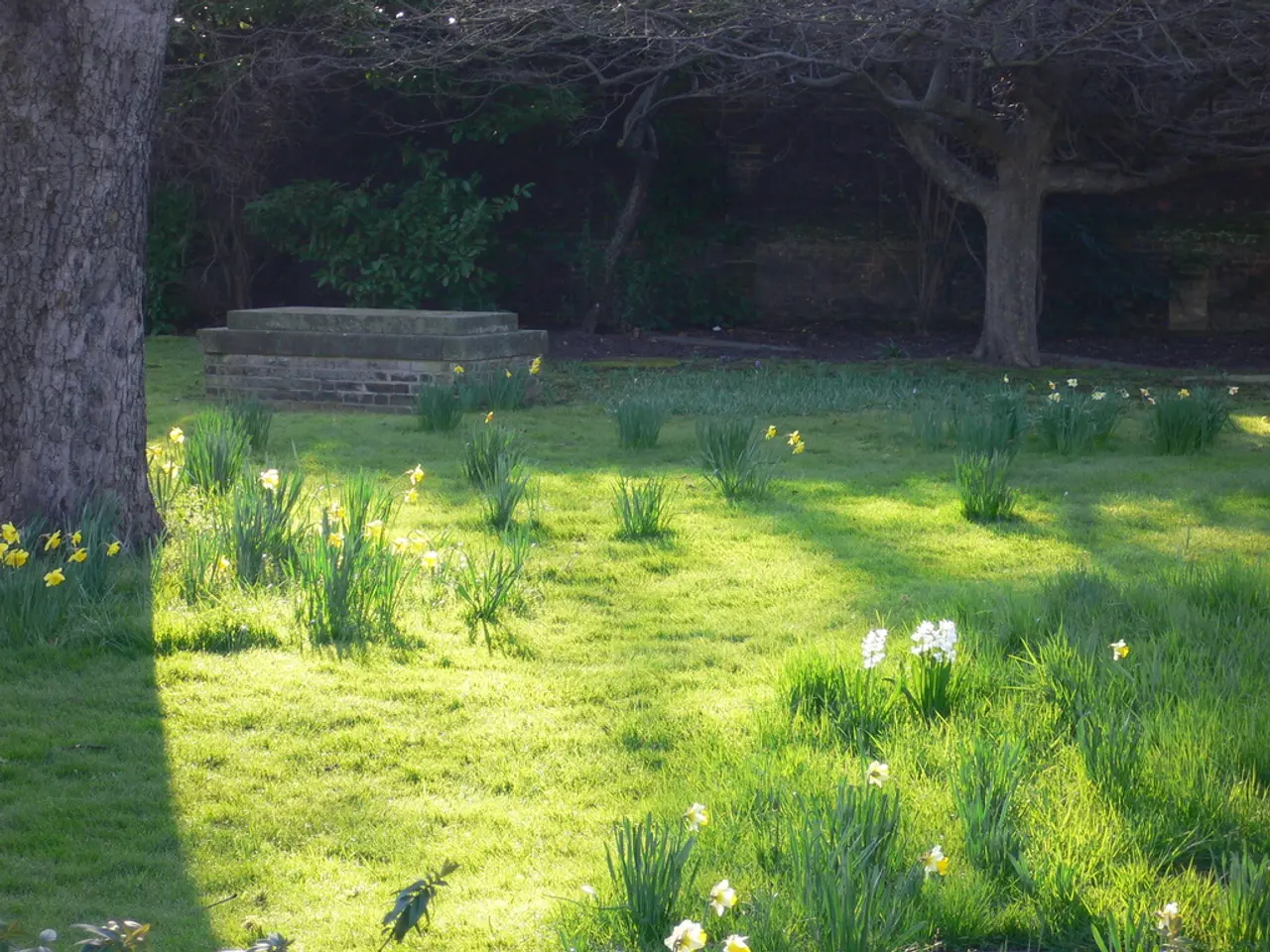Favourite Tree as Recommended by Experts
Planting the Right Trees for a Greener Future
The current tree-planting season is in full swing, and horticultural experts and garden writers are recommending a variety of trees that are resilient, beautiful, and suitable for urban and small spaces. These trees not only add aesthetic value to gardens but also provide practical benefits such as shade, cooling, and environmental improvement.
Resilient Trees for Urban Gardens
One tree that stands out is the Eastern Redbud (Cercis canadensis), a small to medium-sized tree ideal for city gardens. It features striking spring blossoms and heart-shaped leaves, providing attractive shade and seasonal color.
Another recommended tree is the Serviceberry (Amelanchier arborea), praised for its multi-season appeal. It grows 15 to 25 feet tall, tolerates varied soils, and has non-invasive roots suitable near homes and driveways.
Beauty and Ornamental Value
The Japanese Maple (Acer palmatum) is valued for its spectacular leaf color, especially in autumn, and elegant compact form. It is ideal near windows and porches for moderate shade and aesthetic value.
Crape Myrtle (Lagerstroemia indica) is popular in warmer regions for its colorful summer blooms and multi-trunked structure. It provides filtered shade, compact size (15 to 30 feet), and thrives in hot, humid climates.
Trees for Cooler Climates
Black Tupelo (Nyssa sylvatica) is noted for its resilience in urban environments and beautiful fall foliage. It adapts well to city spaces while providing ecological benefits like shade and CO2 absorption.
Magnolia virginiana (Sweetbay Magnolia) offers fragrant white flowers and evergreen foliage (in some climates), suitable for city gardens. It adds texture and height layers within gardens.
Versatile and Ornamental
Kousa Dogwood is recommended for its showy flowers and bright fruits. It has less invasive roots, making it a safer choice near homes.
Amur Maple, a smaller maple tree (15 to 20 feet), has attractive fall color and a slow-growing, non-invasive root system. It is suitable for smaller gardens or street plantings, popular in Canadian climates.
Trees for Mental Health and Wildlife
In addition to their ornamental value, trees bring mental health benefits to people. The silver birch provides a rich food source for many small birds and insects, and the Scots pine is beneficial for wildlife as it provides space and shelter.
Planting for a Greener Future
As the tree-planting season continues, it's essential to consider the benefits these trees bring to both people and wildlife. Trees are vital for tackling climate change, and with the threat of deadly tree diseases and pests, it's crucial to plant resilient trees that can withstand these challenges.
The Queen's Green Canopy is a campaign encouraging people to plant trees in their gardens. By choosing the right trees, we can create a greener, more sustainable future for generations to come.
[1] Garden Myths: The Truth About Tree Roots [2] 10 Hardy Trees for Small Gardens [3] The Best Trees for Small Gardens [5] The Best Trees for Small Gardens
- The Eastern Redbud (Cercis canadensis) and Serviceberry (Amelanchier arborea) are two resilient trees, suitable for urban and small spaces, that garden writers recommend for their aesthetic value, practical benefits, and adaptability to varied soil types.
- The Japanese Maple (Acer palmatum) and Crape Myrtle (Lagerstroemia indica) are trees that excel in beautifying various climates, with the former offering eye-catching autumn leaves and suitable shade, and the latter providing colorful summer blooms and a compact structure.
- Black Tupelo (Nyssa sylvatica) and Magnolia virginiana (Sweetbay Magnolia) are trees that are resilient in urban environments and provide both environmental benefits and aesthetic appeal, making them ideal for city gardens.
- Kousa Dogwood and Amur Maple are versatile trees, known for their ornamental value, suitable sizes, and less invasive roots, making them excellent choices for home gardens, street plantings, or smaller spaces.
- In addition to their natural beauty and beneficial qualities, trees like the silver birch and Scots pine bring mental health benefits to people and provide a rich food source for small birds and insects, while serving as space and shelter for wildlife. By joining campaigns like the Queen's Green Canopy, we can plant the right trees to create a greener, more sustainable future and combat climate change effectively.



